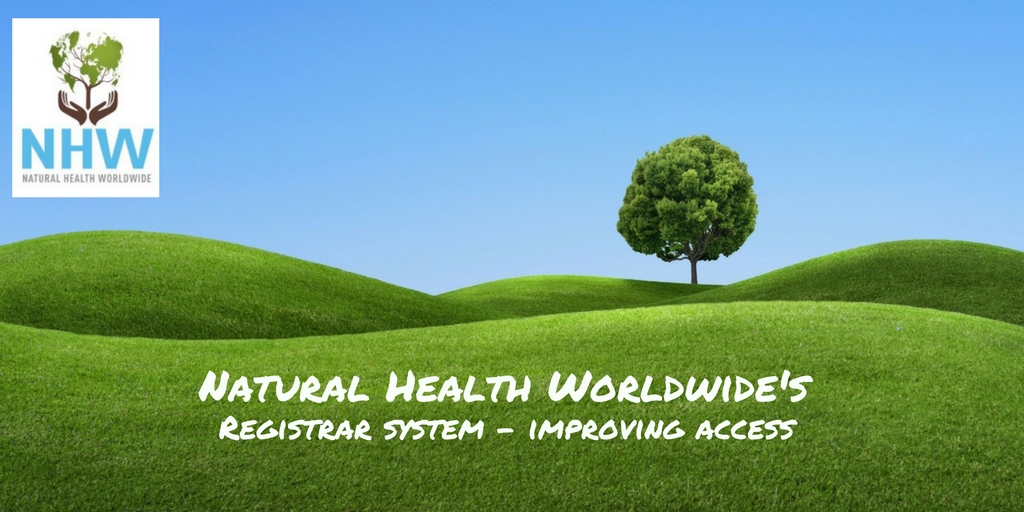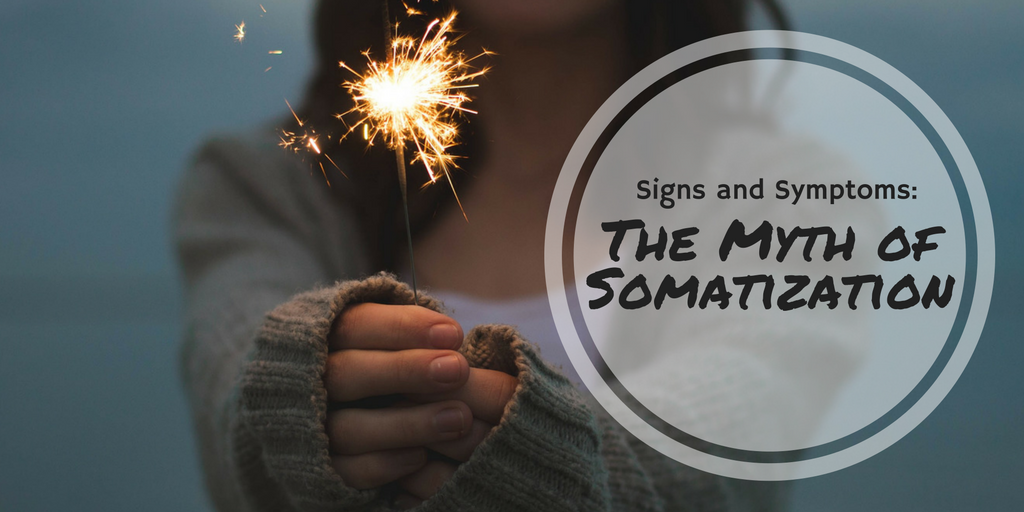
For those of you who have read my previous Blog*, you will understand that the philosophy behind NHW is to connect patients from all around the world with doctors and health care practitioners, also from all around the world. So, a patient in Scotland may connect with a practitioner from Croatia.
Appointments are booked through the website, consultations are carried out by Skype, ‘phone call or email and then patients use NHW’s 5-star rating system to give feedback on their experience. This feedback is public and so informs not only the practitioner where they might improve but also the wider patient population of what their peers think of the practitioner in question. NHW puts the patient back in control of their own healthcare. This really is the path to a patient centred future**
The feedback from some patients has been very humbling. One practitioner recently received this email from a patient:
“Thank you so much for giving me your time and advice. I do appreciate it. It’s like a tangled ball of wool is being straightened out into some order and clarity. The detail in your notes is quite remarkable. You haven’t forgotten one thing we discussed.”
Excluding costs of tests, this patient has so far spent £30.
Dr Sarah Myhill (author of Sustainable Medicine, Diagnosis & Treatment for CFS/ME, Prevent & Cure Diabetes and The PK Cookbook) is the founder of this site and is also an NHW practitioner herself. This site is her gift to the patient community, and in particular, a gift to the ‘forgotten patient community’, those whom, like the patient above, have often been left to their own devices at a time when they feel at their most vulnerable. This site truly is a gift – Dr Myhill has funded the site’s development and its marketing and has simultaneously divested herself of any financial interest in the site.
And now we have a new exciting development – the NHW Consultant-Registrar system. One reason why Dr Myhill wanted to launch NHW was to cater for all those thousands of patients who have approached her for help in the past but who sadly she was unable to accommodate, simply because of time pressure. The NHW Consultant-Registrar is a further mechanism for reaching out to these patients.
This is how it works:
- An NHW patient is consulting with an NHW practitioner
- The patient and practitioner encounter a health issue on which the practitioner has little or no experience or perhaps just feels on shaky ground
- By mutual consent between the patient and practitioner, the practitioner [the registrar] consults with Dr Myhill [the consultant] about this issue
- Dr Myhill gives her views to the practitioner FREE OF CHARGE
- The practitioner gets back to the patient with this advice and they can then carry on with their shared journey of discovery and improving health
As an example, one NHW practitioner recently was taking an initial medical history of a new NHW patient and had identified the following possible areas of concern:
- Adrenal fatigue
- Possible thyroid issues
- Mitochondrial dysfunction
- Potential workplace poisoning event
Both patient and practitioner agreed to pursue all avenues of concern. However, the practitioner felt that he needed guidance on the potential mitochondrial and workplace poisoning issues. So, by mutual consent, he consulted with Dr Myhill.
The upshot is that, as of now:
- The practitioner is helping the patient with her adrenal and thyroid issues
- Dr Myhill has referred the patient for a Mitochondrial Function Profile test and also a Comprehensive Toxic Urine test and will interpret both of those tests for the patient
So, this patient now has a ‘health-team’ supporting her and so far, excluding the cost of tests, she has spent £20. Also, in the process, the practitioner consolidates their base of understanding and often learns new techniques and skills. It really is a WIN-WIN.
In summary then, NHW has the aim of bringing high quality, affordable and supported healthcare to those forgotten patients who need it the most, and also to the population in general, with the ‘bolt on’ option of consulting, free or charge, with Dr Myhill via an NHW practitioner.
This really is a patient-centred future for healthcare, with access to health practitioners and lab tests all available at the click of a button, with that button being firmly placed at the end of the PATIENT’S finger.
Craig Robinson
Please see here for NHW’s Home page – naturalhealthworldwide.com
Please see here for the list of NHW Registrars – https://naturalhealthworldwide.com/news_content.php?chanel=14
References –
*My previous Blog on NHW can be found here – https://www.hammersmithbooks.co.uk/2017/06/22/natural-health-worldwide-changing-healthcare/
**My Blog on Sustainable Medicine can be found here – https://www.hammersmithbooks.co.uk/2015/07/23/sustainable-medicine/

